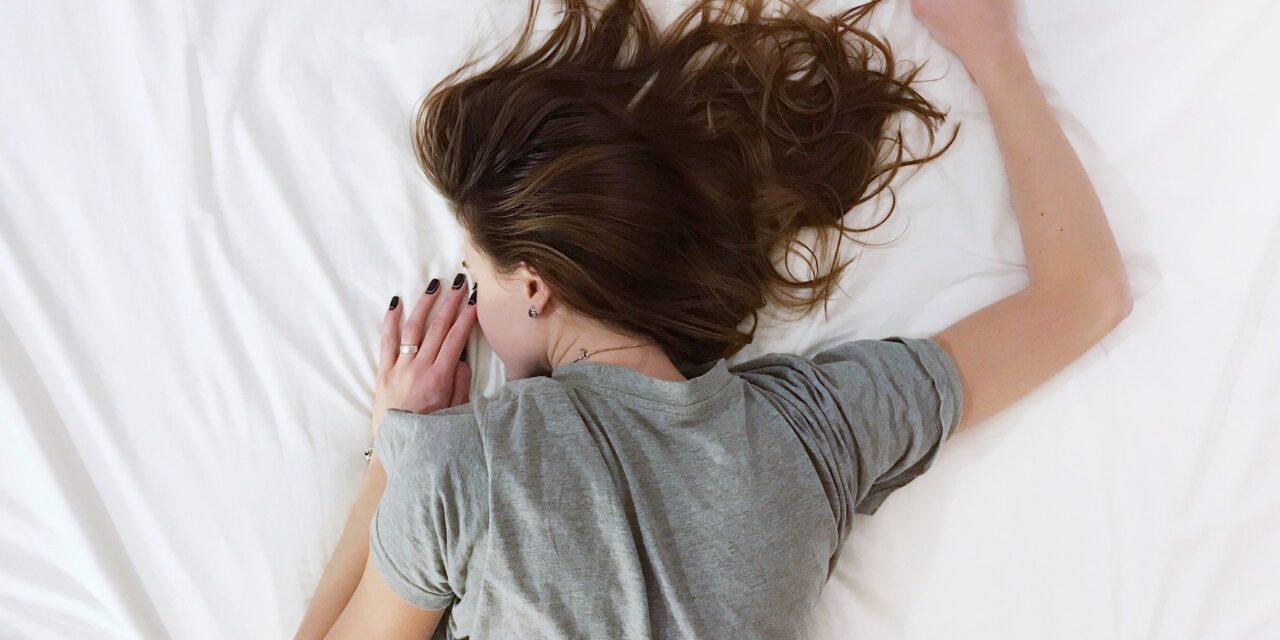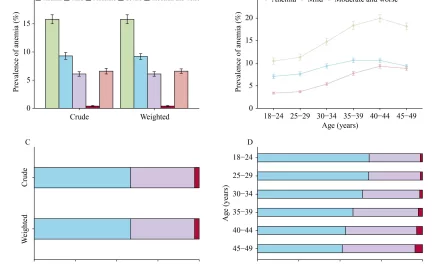A recent survey from the American Academy of Sleep Medicine (AASM) has unveiled an unsettling paradox in the pursuit of ideal rest. A staggering 81% of Americans report losing sleep due to anxiety over their sleep quality. This growing concern for achieving “perfect sleep” is amplified by social media trends, wellness products, and the increasing popularity of sleep-tracking technology.
“Concerns about getting enough high-quality sleep can create a vicious cycle of stress and sleeplessness for some people,” says Dr. Anita Shelgikar, a sleep medicine physician and president-elect of the AASM. “While prioritizing sleep is crucial for overall health, an intense focus on optimizing it can actually diminish sleep quality and duration.”
A cultural shift has emerged around the concept of “sleep maxxing,” where individuals go to great lengths to enhance their sleep. From utilizing advanced sleep tracking apps to following highly regimented bedtime routines, these self-imposed rituals are designed to reach the elusive “perfect” eight hours of rest.
However, experts caution that such efforts can unintentionally lead to sleep anxiety. This condition, known as “orthosomnia,” arises when the act of optimizing sleep turns from a restorative process to a high-pressure task.
“Sleep maximization can sometimes transform what should be a relaxing and recuperative experience into a stressful one,” Dr. Shelgikar adds. “Highly detailed sleep tracking can lead to individuals becoming hypercritical of their sleep patterns, ultimately causing increased stress and potentially worse sleep outcomes.”
In response to this growing concern, the AASM has recommended a series of strategies to help alleviate sleep-related stress and improve overall rest:
- Create a Relaxing Environment: A calming bedroom environment is essential. Ensure your room is dark, quiet, and cool, and invest in bedding that promotes comfort.
- Practice Relaxation Techniques: Engage in activities like deep breathing, meditation, or journaling to clear your mind and reduce stress before sleep.
- Understand Sleep Tracking Data: If you use sleep technology, view it as a helpful tool, not as a strict scorekeeper of your sleep quality.
- Seek Professional Help: Persistent sleep-related anxiety may warrant a conversation with a healthcare provider or sleep medicine specialist.
“Sleep doesn’t have to be perfect every night,” Dr. Shelgikar says. “The key is to focus on developing sustainable sleep habits that ensure you get the right amount of sleep to feel refreshed and rested regularly.”
For those struggling with sleep problems, the AASM offers a sleep center directory to connect individuals with sleep specialists at accredited centers.
To read more on sleep prioritization, visit the AASM’s latest survey findings: Losing Sleep Over Sleep.












